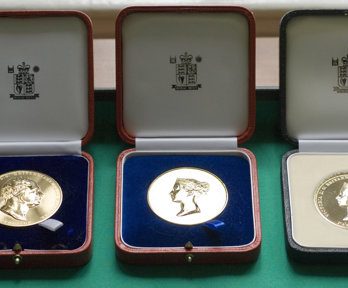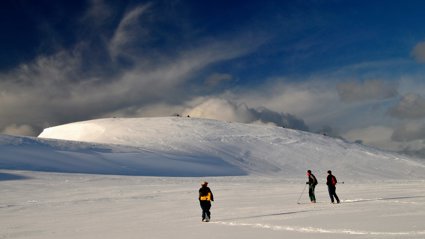
Q&A with Professor Chris Clark
Read our interview with 2024 Busk Medal recipient, Professor Chris Clark.
Be wary of others telling you where to go or what is important.Professor Chris Clark
What did you want to be, or where did you want to work, when you were a teenager?
"I was hoping to train as helicopter pilot, but then got into the early days of hang gliding (1979) which scratched that itch nicely. This freed me up to go to university and study my favourite subject, geography.
"I had good teachers and was triggered when Mr Browning told us that it is not known how drumlins form. He had answers for everything else but not drumlins. I later spent 10 years with colleagues on this problem and think we have cracked it (mostly)."
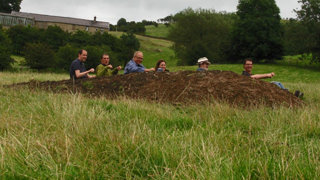
What has been the highlight of your career, regardless of how big or small, so far?
"The highlight of my scientific career was bringing the BRITICE-CHRONO research project on the reconstruction the last British-Irish Ice Sheet to a close.
"I led a dream team of around 40 researchers on this project over eight years, conducting over 1,500 person days collecting samples and dating margin retreat and modelling the ice sheet.
"I am still quite amazed and very proud of what we achieved; we actually did it and more than we set out to do, what a team!"
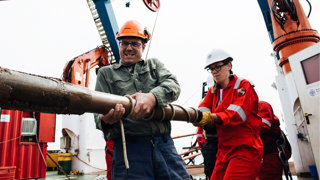
What projects are you working on right now?
"Working out the pattern and speed of ice margin retreat of the Greenland Ice Sheet from the last glacial (20,000 years ago) up until present day and conducting ice sheet modelling that traces this retreat and then projects future retreat up until year 2100.
"We have just learnt a big lesson; it really does matter to get the 1,000s year history correct to be able to model into the future."
What is one thing you wish you had learned earlier in your career?
"That you don’t have to have an amazing memory and fill your head with stuff to do research; imagination, blind curiosity and brute force, it turns out, can carry you a long way. But don’t rush, ideas can take decades to bloom into answers."
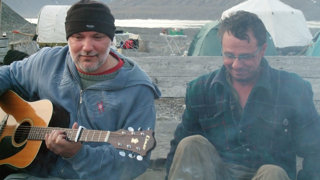
Do you have any advice for someone wanting to go into your field?
"Follow what seems interesting, it is a long haul and needs to be fun on the way. Be wary of others telling you were to go or what is important."
What three words would you use to describe your life and work?
"Puzzling over landforms and ice."
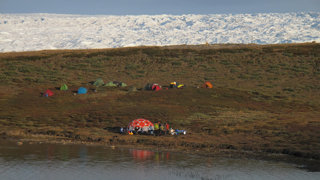
What legacy do you hope you’ll leave?
"My main legacy I hope is in the PhD students I have supervised, some 25 of them, about a half whom continue in geographical and glaciological research. They are much cleverer and better than me of course. I had great pleasure working with them and in helping them on their first steps.
"Like a parent dreading their kids finally leaving home, I absolutely hate it when they finish their PhDs and depart, that is as why I keep slowing them down with new thoughts, but alas they finally see through this ploy."
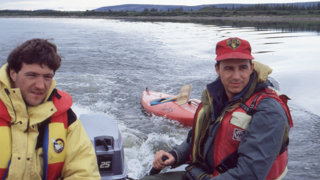
Stay informed
We regularly host exhibitions as well as in-person and online events, including our Monday night lectures (members only) and regional events.
Would you like to stay up to date about our upcoming events and news? Log in, or create an account, and sign up for our newsletter.

